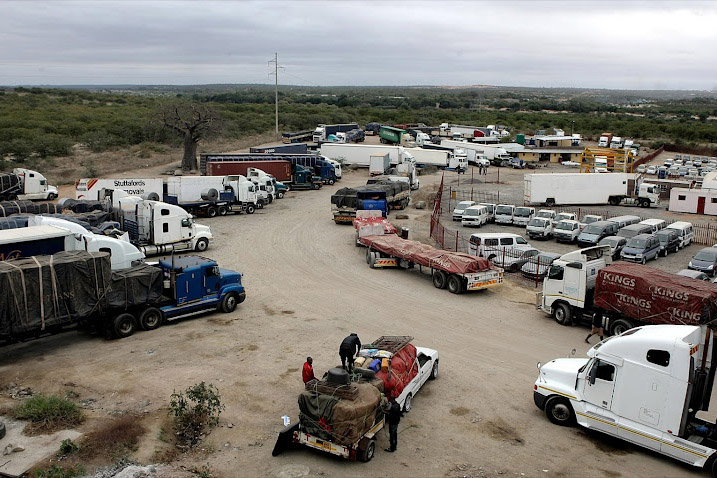
Blockchain technology has changed the way trust works in many sectors. It is basically a distributed ledger technology that can record transactions between different parties in a permanent and secure manner. Also, it removes the need of having a third party verify and record the transaction. Basically, it changes the centralized system into a distributed system for liberating the data. Therefore, blockchain can play a key role in the logistics sector. It is a known fact that the logistic industry requires work with other stakeholders to optimize not only the flow of the physical goods but also the information along with financial transactions.
This sector is extremely fragmented and competitive in nature. There are plenty of stakeholders involved in the supply chain. All these factors club together results in low transparency, different types of technology adoption, data silos and unstandardized processes. Further, even now many processes involved in the logistic sector are handled manually. This manual recording of information and data, further makes it difficult to track this data. Therefore, many logistic companies like The Professional Couriers and BlueDart are switching to digital adoption to make things easier. The working of the logistic sector can further be eased with the help of blockchain technology.
How Blockchain Technology Can Help The Logistic Sector?Blockchain can help to reduce the friction in the supply chain of the logistic sector and improve its efficiency. While doing it, blockchain technology will further improve the transparency of the data in the sector. Further, it creates a single source of truth for the industry which can be used to build the trust of the different stakeholders who are involved in it. Blockchain technology can also save money in the logistic sector by providing the users with automated and error-free processes. This visibility can then be used to improve the predictability of the logistic sector. Also, the tracking of goods can be improved via blockchain technology which can prove the supply change and help the logistics companies to fight product counterfeiting.
The Logistics sector plays a key role in global trade which is highly complex in nature because they involve different stakeholders. This complexity reduces the efficiency of the supply chain. Blockchain technology can help in making the global trade smooth by improving procurement and managing the transportation by tracking and tracing and along with that, it can also handle trade finance. Added benefits to it include cost and time optimization.
As discussed above, blockchain technology can also be used to improve the transparency in the supply chain and monitor it. Also, handling data via blockchain makes it easier to share it and keep it in a permanent manner. This data can then be used for proof of legitimacy. Reports indicate that 10% of the freight invoice data are inaccurate and this reduces the inefficiency and further leads to disputes. This prevalent issue can easily be solved via blockchain. Blockchain technology can be used for digitizing documents and handling the details of the shipment in real-time. This information can be embedded in a blockchain-based system. Later, when required, it can be used to create smart contracts and these contracts highly automate the commercial aspect of the logistic industry.
Blockchain technology eliminates the need for having intermediaries in the logistic industry. Further, it ensures that all the transactions are verified. Currently, these are the two major things that blockchain technology brings to the table. Not many logistic companies use blockchain technology, however, it is important to start leveraging it to reap the benefit of it. The biggest challenge of adopting this technology in the logistic sector is a collaboration between the stakeholders. However, its application in other sectors has proven that this is a challenge that can easily be overcome.
Blockchain technology can eliminate the need of using paperwork to manage global trade by automating the entire process. Further, it can be helpful in creating new business models that run on micropayments, digital certificates, tamper-proof documents and creating more digitized business models. It is expected that by the end of this year, blockchain technology will have a valuation of $7.68 billion. The high valuation of the blockchain can be attributed to its increased popularity in different sectors.











